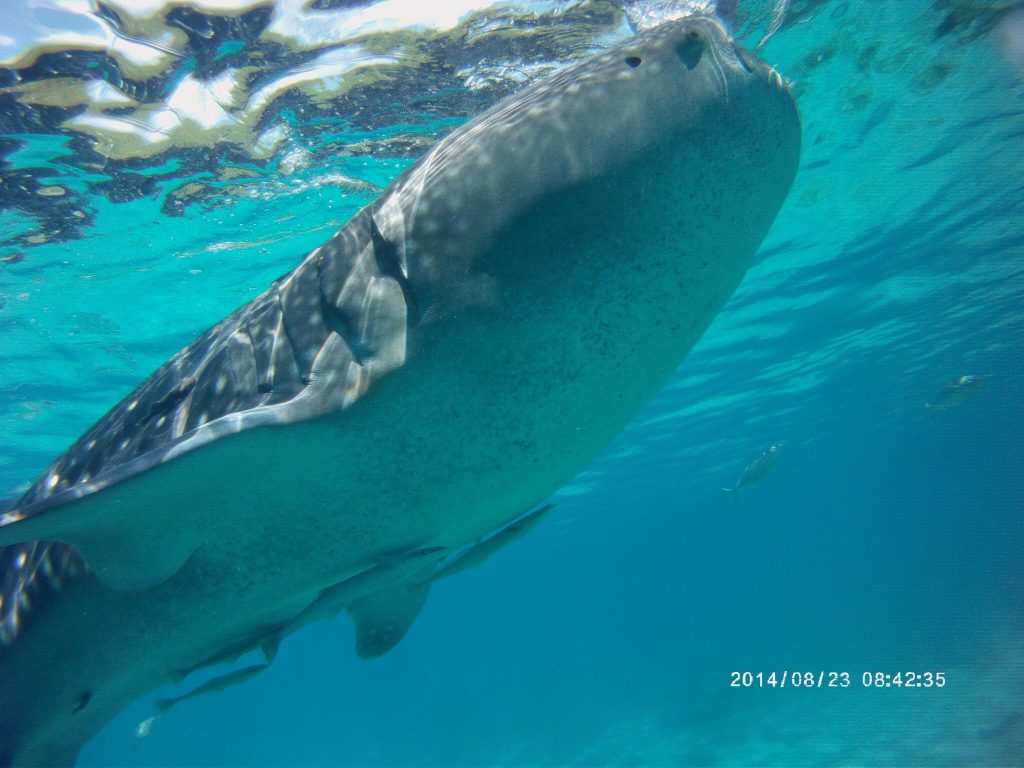Deut. 30:19 Choose Life

I was three when I wandered away from my parents. It was a warm sun drenched Sunday afternoon. Throngs of people were lying on their blankets or romping in the ocean. It was post WW2 Long Beach. Naval war ships were seen everywhere. I gently took my first venture at wading into the ocean. I was up to my knees when the white water from the breaking wave hit me. It knocked me on my bottom. As it retreated, it took me with it. More on that in just a moment.
On the average approximately 300 people drown every day in America. 25% of those are ages 1 to 14.
At the moment I started going out with the force of the subsiding wave, I remember standing up and running against the pull of the wave pushing out to sea. I just barely reached the dry sand. I was lucky that day; also, the averages were with me. Statistically, there was a one in five chance I would have drowned that day.
However, the math was a strong indicator I probably would have survived. And I did.
I was in my mid-thirties when I went on a scuba diving adventure with friends to the Sea of Cortez in Baja Mexico. On the last day, I remember diving down about sixty feet when a shadow passed over me. I looked up, and a giant gray whale was passing directly over me. I was in awe and scared witless simultaneously. As quickly as the whale appeared, it was gone. I felt I had avoided being eaten by the whale.
I looked up the statistics of the number of humans who had been killed by whales while diving. The number stunned me. It was zero. I couldn’t believe it. Surely there must have been at least one person who had met a tragic end. Nope, goose egg.
I had always considered myself to be a person who found himself in overly risky situations. I also believed that Providence was looking over me blessing me with good fortune to weather the dangers I faced. But, with the two above dramatic examples, I started toying with the idea that once humans are born, they are meant to survive. Evolution didn’t roll us out to die every time a possible dangerous situation confronts us.
But there’s one more example that’s pretty shocking. My biological father died when he was 48. My mother died when she was 58. Research says there is a definite link between your parents ages at death and how long you as their biological offspring will live. Well, I’m 74. In this instance the math didn’t go in my favor. I bucked the trend.
So, I sat back and analyzed my life. On the one hand, for as much danger I experienced, the data says I would more than likely not be killed or seriously injured. On the other hand, the data suggests that I definitely should not have lasted as long as I have.
What does this say about my situation? Not really a lot. Here are a couple of possibilities:
1. The data is stating the obvious in the first two instances: humans are built to last. Drowning as a small child is possible, but definitely not probable. A baby’s body and its surrounding environment have adapted to each other over thousands of years of adaptation. In the case of the whale scare, it’s incredulous. There is no data that I can find that it has ever happened, at least in the Sea of Cortez. If the ocean can’t kill you, and the world’s largest monster can’t, anything between those two powerful entities probably won’t either.
2. In the third example. I went against the trend, but I’m not alone in this regard. Additional studies show that most trend studies don’t work when compared against each individual life. Trends show group tendencies but fall short when comparing those trends against individual lives.
So, what do I conclude from all this? I’m alive, not because I’ve been lucky in life, but because most all of us live, because we are meant to live. Break it out, sing a song. We’re meant to be here, and meant to live life to the fullest.